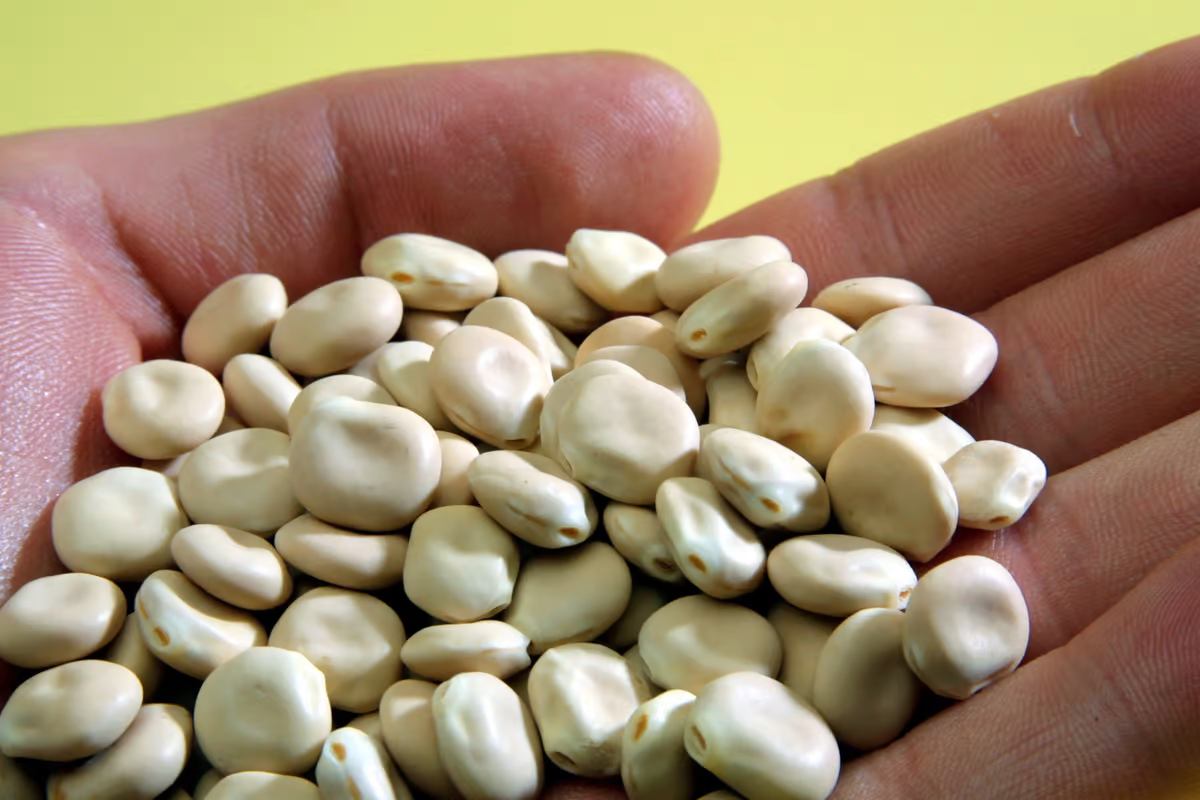As the world grapples with climate change and environmental sustainability issues, the need for eco-friendly agricultural practices has never been more urgent. One crop that is gaining attention for its sustainable benefits is lupine seeds. Known for their high nutritional value, lupine seeds also play a crucial role in promoting environmentally responsible farming practices.
Environmental Benefits of Lupine Seeds
Lupine seeds are an environmentally friendly crop that require significantly fewer resources compared to traditional crops like soybeans and corn. They are known for their ability to grow in poor soil conditions and with minimal water, making them an ideal choice for regions facing water scarcity. Unlike many conventional crops, lupine plants do not require extensive pesticide use, reducing the harmful impact on surrounding ecosystems.
Moreover, lupine plants have natural nitrogen-fixing properties, which means they can enrich the soil with nitrogen, reducing the need for synthetic fertilizers. This characteristic not only makes lupine cultivation more sustainable but also benefits crop rotation systems by improving soil quality for future harvests.
A Sustainable Alternative to Animal-Based Proteins
Lupine seeds are a rich source of plant-based protein, containing up to 40% protein by weight. As global demand for plant-based foods continues to rise, lupine seeds are emerging as a sustainable alternative to animal-based proteins, which have a much higher environmental footprint. Producing animal proteins requires large amounts of water, land, and energy, along with significant greenhouse gas emissions. In contrast, lupine seeds offer a low-impact, highly efficient protein source.
By choosing lupine seeds over animal-derived products, consumers can reduce their carbon footprint and contribute to a more sustainable food system. Additionally, as a gluten-free option, lupine seeds cater to the growing demand for allergen-free products, making them an even more versatile and sustainable food choice.
Growth of the Lupine Seed Market
The global lupine seed market is expanding rapidly as more consumers and manufacturers recognize the benefits of this eco-friendly superfood. The market is projected to grow at a compound annual growth rate (CAGR) of 6.5%, reaching an estimated value of USD 1.3 billion by 2030. The food and beverage sector remains the largest application area, where lupine seeds are used in a wide range of products, including plant-based meat alternatives, dairy substitutes, snacks, and protein powders.
Europe, in particular, has seen a surge in lupine seed adoption, thanks to a strong focus on sustainable agriculture and growing demand for plant-based diets. North America and the Asia-Pacific region are also experiencing significant growth, as more consumers turn to plant-based proteins to support both their health and environmental goals.
Conclusion
Lupine seeds represent a sustainable, high-protein alternative that can help address some of the most pressing environmental issues facing the food industry today. With their low resource requirements, minimal environmental impact, and impressive nutritional profile, lupine seeds are well-positioned to play a major role in the future of food production. As the demand for plant-based and sustainable food options continues to rise, lupine seeds will be at the forefront of this green revolution.
As we look to the future, the growth of the lupine seed market is a promising sign of positive change in the food industry, where sustainability and health go hand in hand.

